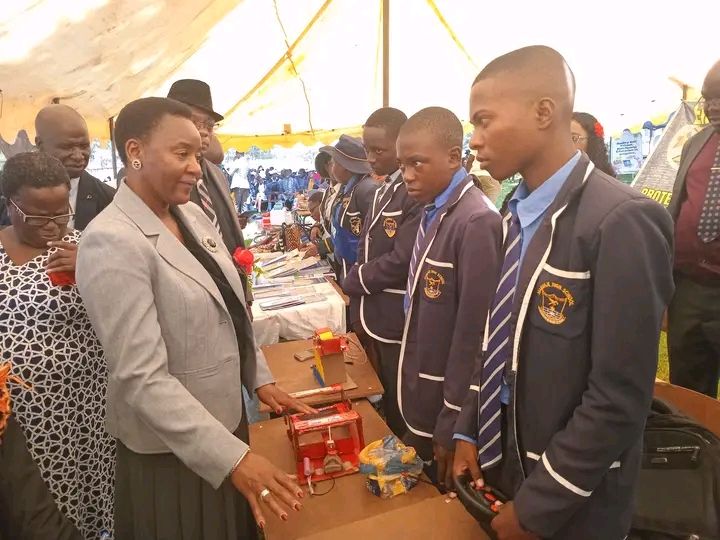By Lisca Philo
In a significant step to combat the effects of climate change on education, the Zimbabwean government, in collaboration with UNESCO, has launched the Climate Smart Education Systems Initiative (CSESI).
This initiative seeks to empower educators and learners with the necessary tools and knowledge to address climate change effectively.
A workshop held in Harare, attended by officials from the Ministry of Primary and Secondary Education, UNESCO representatives, and other stakeholders, marked the beginning of a three-day event to discuss and develop strategies for the CSESI.
The initiative was introduced with the goal of enhancing the ability of Zimbabwe and other nations to cope with climate change, especially its impact on education.
Supported by the Global Partnership for Education, CSESI is part of a larger effort to foster collaboration among various stakeholders in the education sector to develop policies and strategies that support climate change adaptation.
The initiative also includes technical support and capacity-building from UNESCO, alongside global partnerships and collaborative efforts with 19 other countries to share best practices and innovative solutions. Zimbabwe, being significantly affected by climate change, stands to benefit greatly from this project.
The focus of the initiative extends to mitigating the disruptions caused by climate change to learning environments and infrastructure and promoting environmental stewardship among students and educators. It aims to foster a generation of environmentally conscious citizens and instill a culture of resilience and innovation in Zimbabwe.
This collaborative approach underlines Zimbabwe’s commitment to inclusive and sustainable development, showcasing the nation’s leadership in climate-resilient education and sustainable development strategies.
Highlighting the critical need to incorporate climate adaptation into education, officials pointed to the adverse effects of climate-related disasters like droughts, cyclones, and erratic rainfall, which have led to decreased school attendance, health issues, and declining student performance.
Mr. Cloud Nyambuya, Ministry of Primary and Secondary Education acting director for Strategic Policy Planning, Research and Statistics, emphasized the importance of the initiative.
“This workshop will guide the development of climate change adaptation measures and help formulate policies that safeguard the education sector from the adverse effects of climate change,” said Mr. Nyambuya.
The CSESI is a global initiative aimed at enhancing the capacity of 20 countries, including Zimbabwe, to integrate climate change adaptation and environmental sustainability into their education sectors, providing a potential model for other nations to emulate.


